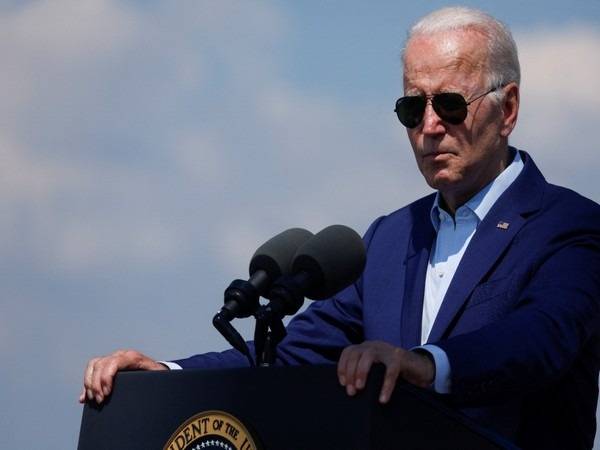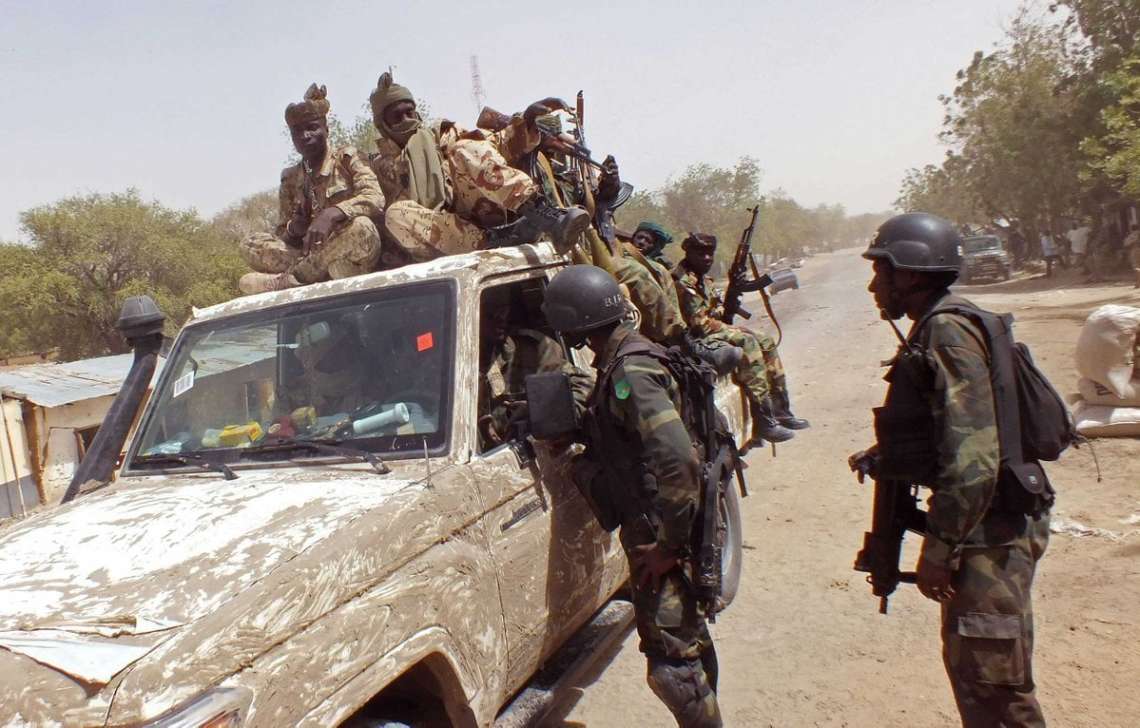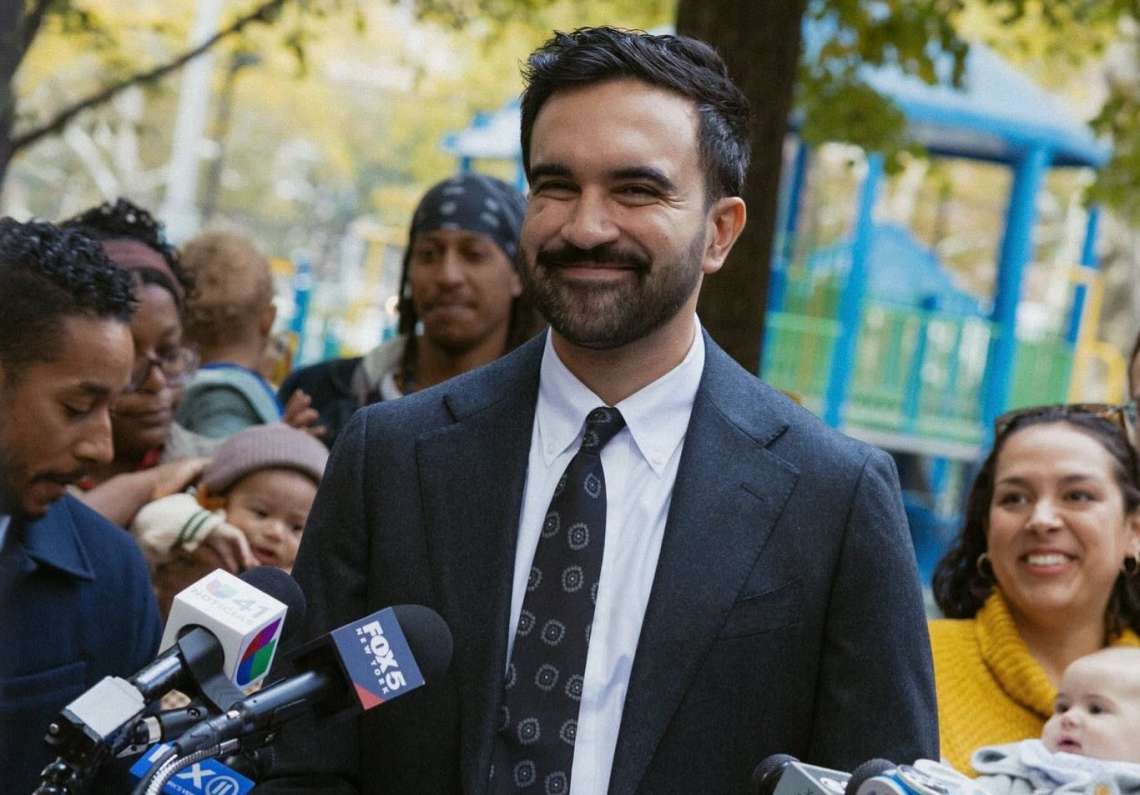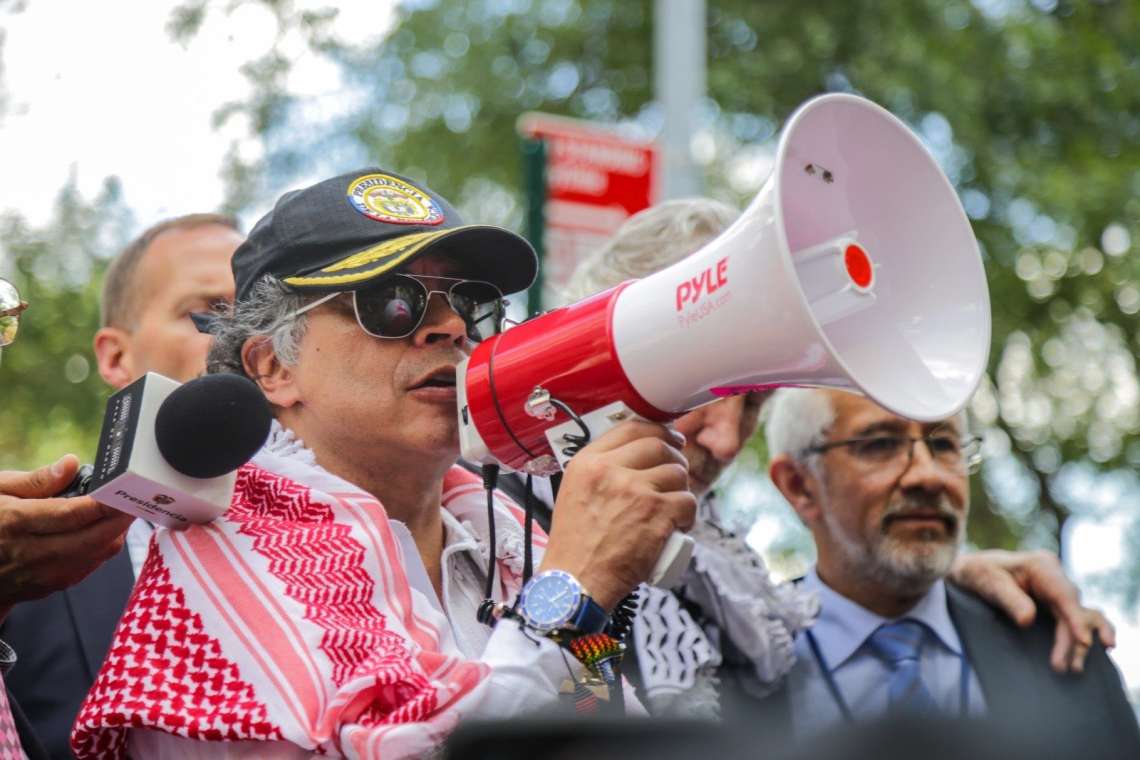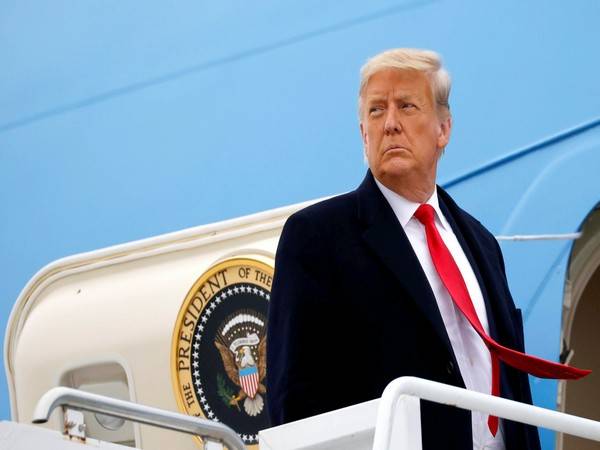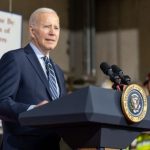A label of “state sponsor of terrorism” by Washington, has wide-ranging ramifications, with many businesses and banks unwilling to incur the risk of legal action by US prosecutors…reports Asian Lite News
President Joe Biden’s administration on Tuesday said it would be counterproductive to brand Russia a “state sponsor of terrorism,” rejecting calls from Ukraine and lawmakers to take the far-reaching action.
Biden, asked by a reporter on Monday if he would blacklist Russia as a terrorist state, said simply, “no,” after months of non-committal answers from senior officials.
Asked Tuesday whether a decision had been made, White House Press Secretary Karine Jean-Pierre said a terrorism designation was “not the most effective or strongest path forward” to “hold Russia accountable.”
She said the designation would hamper aid delivery to parts of war-ravaged Ukraine or prevent aid groups and companies from participating in a deal brokered by the United Nations and Turkey to ship badly needed grain from Ukraine’s blockaded ports.
“It would also undercut our unprecedented multilateral (coalition) that has been so effective to holding Putin accountable and could also undermine our ability to support Ukraine” in negotiations, she told reporters.
A label of “state sponsor of terrorism” by the United States, the world’s largest economy, has wide-ranging ramifications, with many businesses and banks unwilling to incur the risk of legal action by US prosecutors.
Ukrainian President Volodymyr Zelensky has called on the West to label Russia formally as a terrorist state following a series of attacks that killed civilians, notably a strike on a shopping mall in Kremenchuk in June in which at least 18 people died.
Foreign Minister Dmytro Kuleba, asked about Biden’s decision, said the lack of a designation now “does not mean that it can never be made.”
“We are grateful to the US for everything they continue to do for Ukraine, but on this particular issue, we will not back down and will continue to insist on our position, as it will be the right decision indeed,” he said.
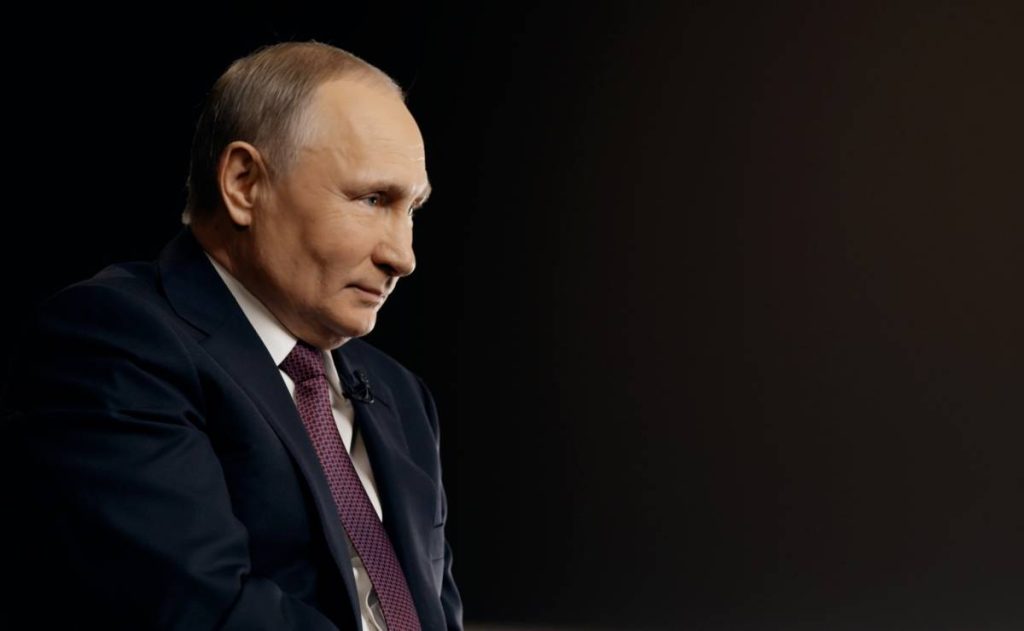
Stepping up pressure
At the United Nations, Ukraine’s envoy also renewed calls for the designation as he lamented Russia’s occupation of the Zaporizhzhia nuclear power plant, saying Moscow was deliberately trying to raise dangers.
“This can be corrected only by strengthening sanctions — only by officially recognizing Russia as a terrorist state at all levels,” Ambassador Sergiy Kyslytsya told the UN Security Council.
Latvia’s parliament in August declared Russia a “state sponsor of terrorism,” saying it was carrying out “genocide” against Ukrainians, but French President Emmanuel Macron in June also explicitly ruled out the label.
Lawmakers across party lines including House Speaker Nancy Pelosi have urged Biden to brand Russia a state sponsor of terrorism, seeing it as a way to step up pressure after months of economic sanctions over Moscow’s February 24 invasion of Ukraine.
The United States only brands four nations as state sponsors of terrorism, all US nemeses with much smaller economies than Russia’s — Iran, Syria, North Korea and Cuba.
Cuba was added controversially back to the list in the final days of former president Donald Trump’s administration, which took a hardline approach to the communist-ruled island.
The Biden administration on taking office reversed a Trump decision to brand Yemen’s Iranian-backed Huthi rebels as a terrorist group, also out of concern for hampering aid.

US step up Russian aluminium, nickel imports
The European Union and United States have ramped up buying key industrial metals from Russia, data showed, despite logistical problems spurred by the war in Ukraine and tough talk about starving Moscow of foreign exchange revenue.
The metal shipments highlight the West’s difficulty in pressuring Russia’s economy, which has performed better than expected and seen its rouble currency surge as buoyant oil revenue has helped offset the impact of sanctions.
EU and U.S. imports of Russia’s main base metal products aluminium and nickel during March-June increased by as much as 70%, official trade data compiled by Reuters from the United Nations Comtrade database show.
The total value of EU and US imports of the two metals from March to June were $1.98 billion, the data showed.
The West has imposed repeated waves of sanctions on a wide range of Russian products, people and institutions, but has largely spared the industrial metals sector.
A US State Department spokesperson said in response to a query from Reuters: “Although we don’t preview our sanctions actions, nothing is off the table to increase the price on Putin’s unjustified war against Ukraine.”
The European Commission did not provide a comment after a request.
Analysts said the United States and Europe have learned lessons after huge disruption on construction, auto and power sectors caused by sanctions imposed by former U.S. President Donald Trump on Russian aluminium 2018.
Those sanctions were lifted the following year.
Prices of both metals surged to record peaks shortly after Russia launched its invasion of Ukraine on Feb. 24 on fears that sanctions or difficult logistics would block shipments.
But those fears were unfounded, since the data show Russian exports during March to June were relatively strong.
“Market mechanisms are working,” said Julius Baer analyst Carsten Menke, referring to Russian metals shipments.
“We know from commodity traders it’s mainly a question of the price. It’s not so much about some politician not wanting you to buy, but is there a deal here.”


